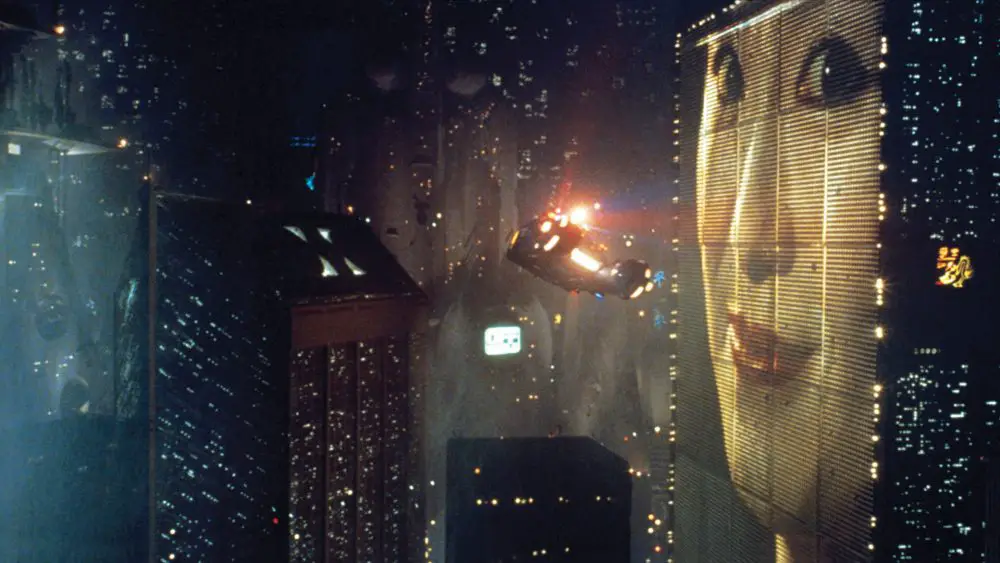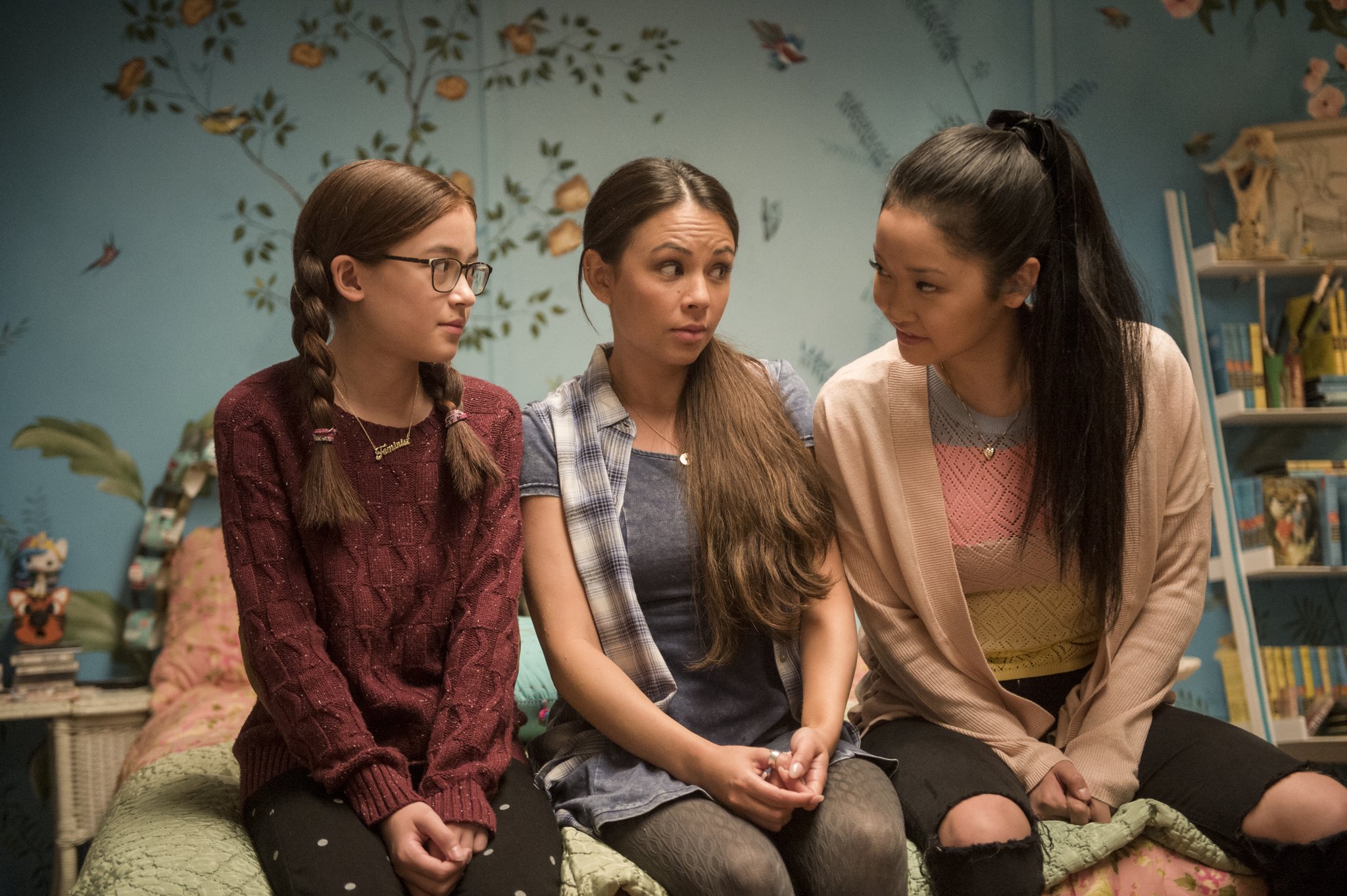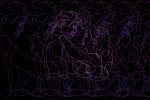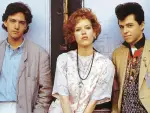2018 introduced countless cases of intermingling between all mediums of entertainment. Video games traded in consoles for the big screen and books received a second chance to captivate audiences on television shows. Nevertheless, it’s rare to witness a rendezvous among the literary and gaming worlds, despite these two genres frequently interacting with the others.
That’s not to say the occasional lovechild hasn’t cropped up over the years. In fact, some novels found great success after their digital translation. Both “The Witcher” and “Assassin’s Creed” series originated in print, but currently stand tall as pillars of the video game industry. The former walked away from the 2015 “Game of the Year” awards with top honors and a whole lot of praise for its riveting narrative.
Whether it be a complex web of relationships, an intricate magic system or a story that radiates from the pages better than the scent of bound leather and ink, several books have exactly what it takes to spawn a great video game adaptation. Moreso, I believe these interactive packages could outshine their original literary formats — well, at least until the inevitable wave of “the book was better” debates arise again.
1. “Mistborn”
I doubt Brandon Sanderson knew he penned the perfect fantasy role-playing experience within this book, but maybe he’s been misting you and me the entire time. What part of creating a rebellion of metal-consuming juggernauts to snatch governance out from under the thumb of the corrupt, all-powerful “Lord Ruler” doesn’t sound like an ideal game plot? You can’t convince me otherwise. “Mistborn” was, quite literally, born for this.
It’s a natural fit for the “Mass Effect” treatment, with a single customizable character as the player stand-in and non-playables with varying abilities to act as your badass rebel squad. Together, you’ll travel the reach of the soot-engulfed Final Empire to secure political allies for your cause and battle powerful “Allomancers” until you’re on the dictator’s doorstep. The choices you make in both instances would determine the fate of your party and the future of the entire country. Much like in the novel, your triumph will likely be hanging by a thread for most of the journey as a result of your decisions.
“Allomancy,” the book’s magic variant, would spearhead live-action combat scenarios. In this universe, certain individuals can ingest various alloys and pure metals to gain temporary access to superhuman abilities, such as enhancing physical prowess and glimpsing a few seconds into the future. These could be manifested as a strength increase and a nifty blow-dodging mechanism, respectively, in the video game adaptation.
If there’s one aspect of “Mistborn” that the developers have to nail, it’s this one. A polished Allomancy simulator with mistakes in other areas would still be a hit with fans of the series. Mess it up, however, and all involved with the project can expect a flurry of copper coins to the face.
2. “Do Androids Dream of Electric Sheep?”
Already popularized in cinemas as “Blade Runner,” Philip K. Dick’s futuristic dystopian deserves a third life on your console. Following a bounty hunter returning to action in order to execute android fugitives and a citizen of the literally toxic San Francisco aiming to save the same androids, the novel introduces dark social themes lurking behind a veil of detective work.

The shared point of view would produce a game similar to “Heavy Rain” and “Detroit: Become Human,” both of which were created by video game developer Quantic Dream. If someone had to tackle this project, they would be my top choice. “Detroit” is a breeding ground for compassion as you control androids in a similar scenario, experiencing slurs and abuse first-hand. To differentiate, this video game adaptation would reverse the roles, placing you in the majority (human) faction.
The overarching question of what constitutes true humanity becomes more poignant when an individual has a controller thrust into their hands and must take action instead of simply watching the story unfold. The fate of the androids is up to you. Pursue the investigation faithfully or work hard to undermine it. Although public opinion states that only humans are capable of empathy, the truth is yours to seek. How empathetic will you, the human player, be?
The book’s focus rarely lingers on action, and the game should opt for a similar vibe. A series of “quick time events” coupled with realistic cut-scenes would complement the story in brilliant fashion without detracting from the introspective atmosphere. I can imagine the game taking full advantage of the stress generated by a ticking clock looming over every move.
In Quantic Dream’s trademark style, the player could be forced to either aim a gun at the android or, instead, in the opposite direction. Your cursor’s location determines the outcome. Oh, and you have five seconds or less to decide. A piece of cake, right? Nope. I’m not ashamed to say I’d be an emotional wreck before, during and after this virtual event. However, that’s what would transform this game from worthy to flawless. Most video game adaptations strive to be as good as the source material, but this one has the potential to go beyond.
3. “To All the Boys I’ve Loved Before”
Okay, so hear me out on this one. Dating simulators are a treasured commodity in some corners of the gaming industry. With the climbing status of Tinder and other dating apps today, it’s a no-brainer. If you accidentally choose the edgy jerk stereotype within the confines of a video game, no big deal. Quit without saving and you can pretend it never happened. In reality, though? You wake up in the morning with only regret as a consolation prize. Clearly, virtual dating is the better option here.
Of the oodles of titles available in the romance genre, Jenny Han’s trilogy would result in the most unique dating simulator. Principally, it trades in the ever-coveted (seriously, authors need to drop it) love triangle for its reclusive sibling: the love square.

After the protagonist’s stash of secret love letters goes public, three main dating prospects come forward and she shares experiences with each one until the anticipated choice occurs. In the video game adaptation, the player would interact with these three over the course of their high school and early college years. Depending on preference, you could end up with one or none of the romantic partners.
Where gameplay is concerned, making progress would be akin to the play in the Persona series — minus the dungeon crawling. A majority of your time would be spent scrolling through dialogue and story text, with frequent pop-ups urging you to make decisions ranging from simple answers to potentially escalating your relationship to the next level.
On the latter note, adapting “To All the Boys I’ve Loved Before” results in something admirable. A bulk of available dating simulators place a large and, frankly, unhealthy emphasis on sex as the end game goal. Regardless of the pixelated love interest’s gender, it’s demeaning. Conversely, this novel series highlights self-discovery through romance and its corresponding game should follow suit. This message would be a breath of fresh air for fans of the genre.
4. “Six of Crows”
Six rogues, one impenetrable fortress and 30 million in rewards — for some, it’s a recipe for disaster. For me, however, it’s the textbook formula for a turn-based game concentrated on stealth. Leigh Bardugo’s second foray into fantasy graced readers with a twisted (and impressively diverse) re-imagination of the typical heist tale. The gaming industry is no stranger to the same tactics, producing titles like “Persona 5” and every iteration of the “Metal Gear Solid” series that innovate within the genre.
In particular, the former is an organic blueprint for the hypothetical video game adaptation of “Six of Crows.” Players are free to assemble the entire cast into a party of four, capitalizing on each character’s strengths and weaknesses to exploit the same attributes in any enemies that cross their path. The novel’s character lineup fulfills the same ambition. All six (-ish) members of “The Dregs” occupy a different combat niche, ensuring a smooth transition into the gaming realm.
For example, acrobat turned ruthless assassin Inej would act as the group’s “glass cannon,” meaning she packs a deadly punch, but her willowy frame leaves her vulnerable to even light attacks from combatants. Just like in the book, she prefers to prowl in the shadows. You should honor that wish while playing — unless you don’t intend to win the skirmish, of course.
Actually, acting under the cloak of darkness is equally advantageous outside of combat. It wouldn’t be a true heist if you place yourself on every guard’s radar. Stealth strategies are a massive facet of “Six of Crows,” so the game should emulate that behavior by rewarding you with extra money or items for succeeding with your covert activities.
Alternatively, it could settle for punishment by swarming you with stronger foes or forcing an automatic fail on your mission if your notoriety exceeds a certain level. Either way, it needs to be a bonafide challenge. No one has ever breached the Ice Court’s famed defenses and you surely shouldn’t on your first try.
5. “Night Film”
As “Night Film’s” opening line proclaims, “Everyone has a Cordova story, whether they like it or not” — and it’s the gaming fanbase’s turn to acquire their own. Marisha Pessl’s mystery-horror amalgam introduced the world to Stanislas Cordova, a cult horror director who is more enigmatic than mortal. Following the suicide of Cordova’s daughter, a determined journalist is one of the few willing to become immersed in the director’s sordid reality to attain the truth. If you’re brave enough to take the plunge, this video game adaptation would make it more than worth your while.
Admittedly, the laundry list of existing games is wanting for another strong crime-concentrated entry. This novel fits the bill, delivering on all the characteristic thrills with a contemporary twist. You’ll trade in the iconic magnifying glass and pocketbook for something truly revolutionary: the Internet. *Gasp.* There those dang millennials go with their newfangled technology obsession again. Staring at a cellphone all day isn’t going to solve crimes, you know.
Well, actually … it is. Pessl scatters various re-creations of forums, social media pages and online periodicals throughout the novel, rebranding readers into aspiring detectives themselves. Moreover, the final form of the story includes a legitimate app, dubbed “Night Film Decoder,” to be used in conjunction with the book’s images to obtain extra video and audio files pertaining to the Cordova case. So, why not take it a step further? Both “Night Film’s” documents and the extras could effortlessly make the jump to actual screens for players to peruse.
Outside of “investigation mode,” the story is another impeccable match for Quantic Dream’s “quick-time” goodness. Walking through unnerving settings like psychiatric wards and the climactic abandoned film set heightens tension until examining a harmless item leads you into a cinematic jump scare.
This results in an incredibly fruitful conflict between curiosity and instinct. Your grip on the controller could be faltering thanks to anxiety, but the unknown drives your joystick forward. Ultimately, if you don’t find the answer, who will?

















